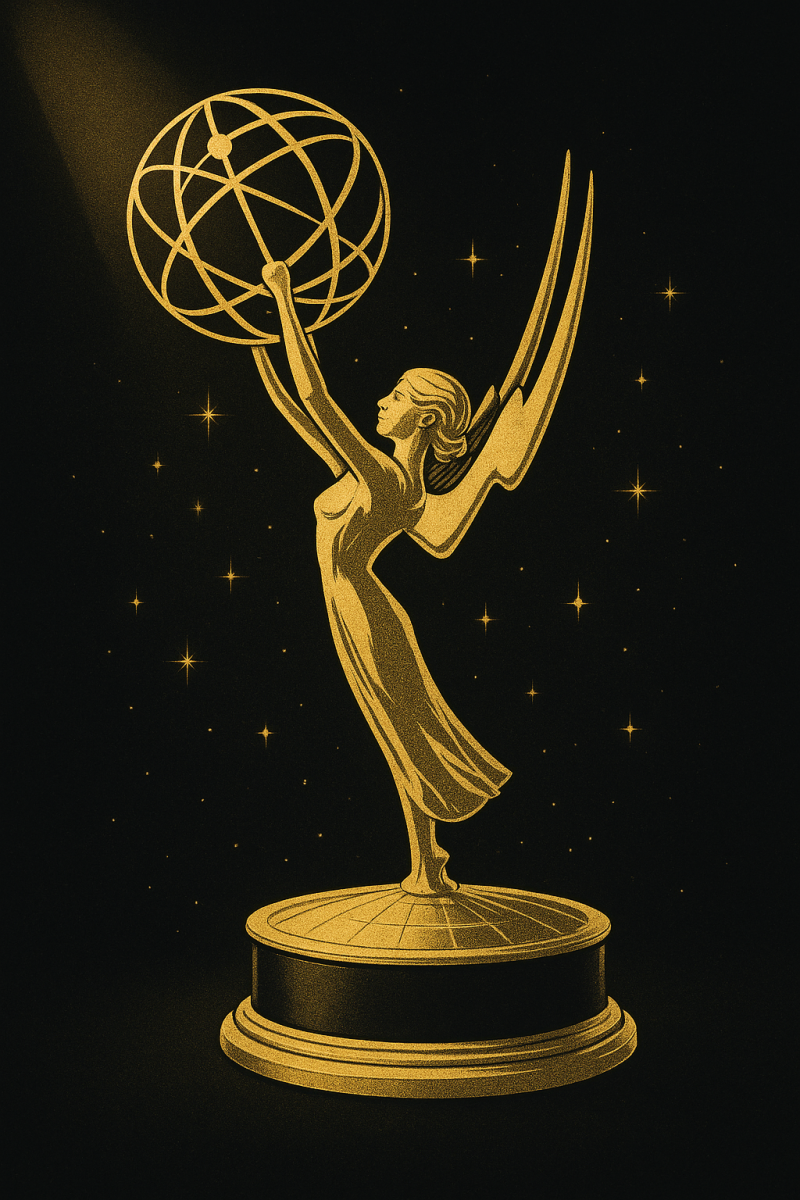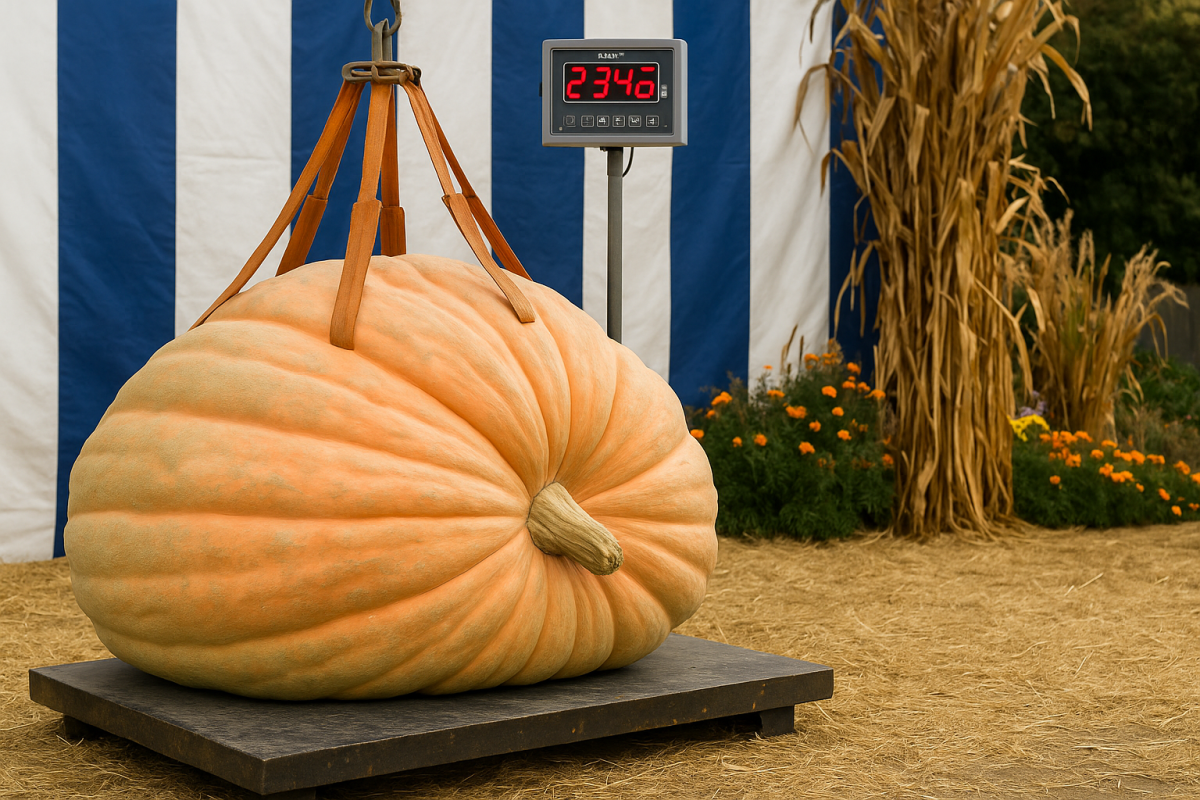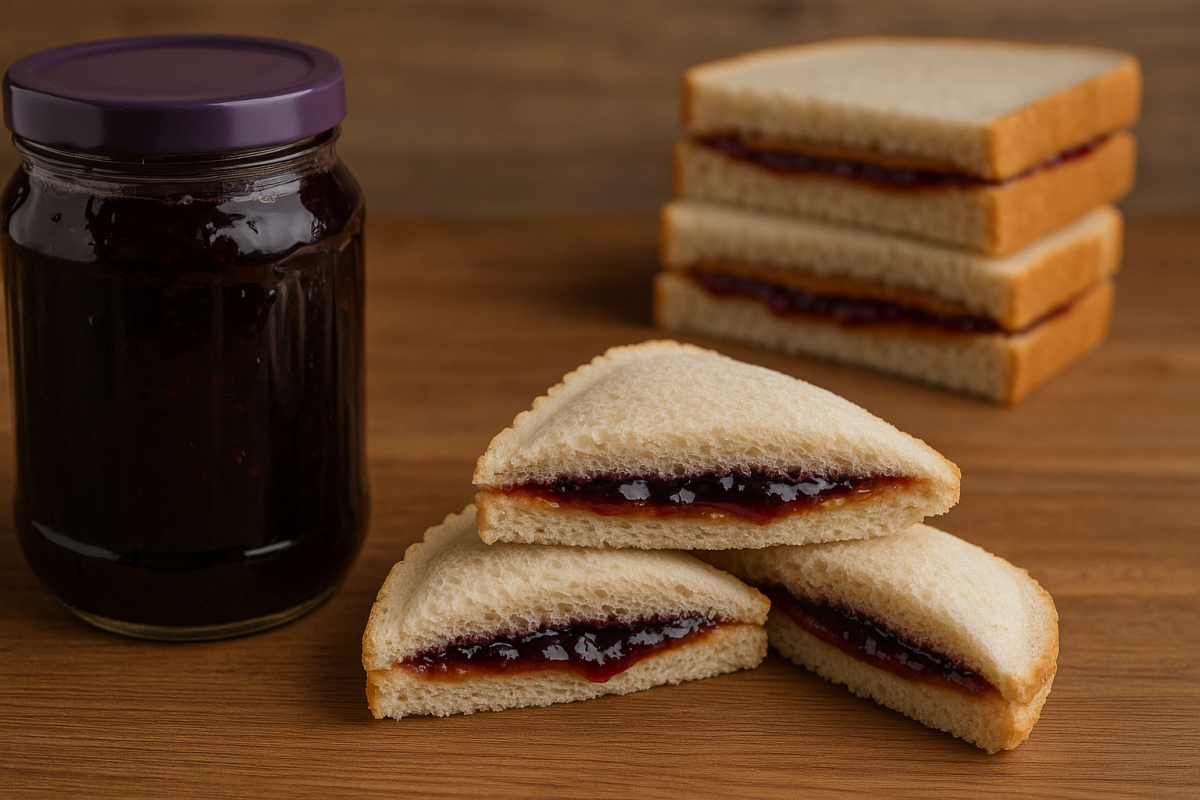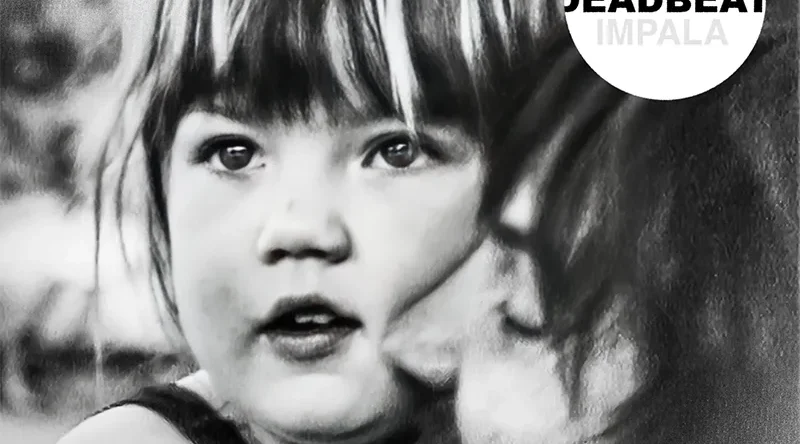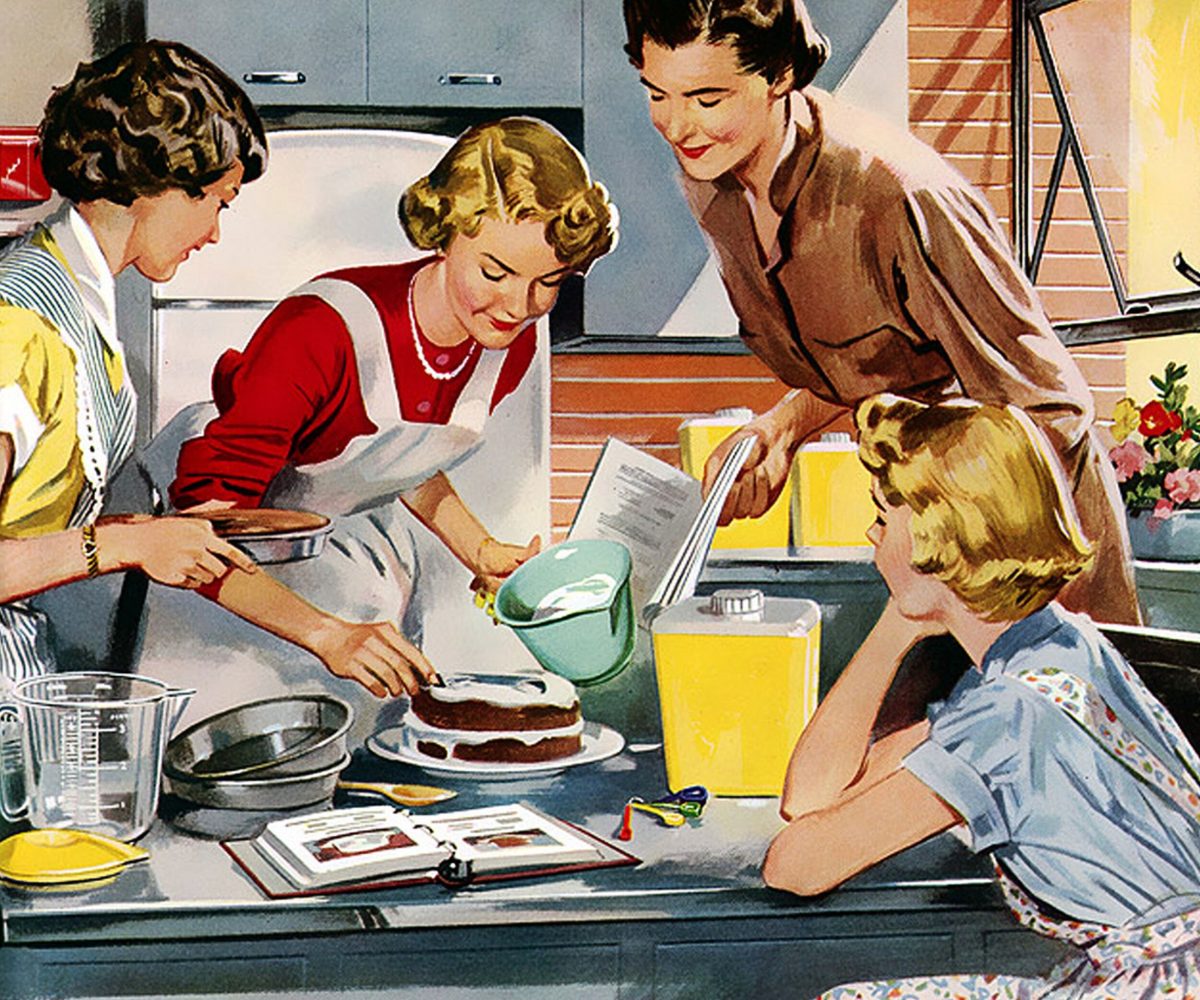The great and terrible thing about nostalgia is that you can pick and choose what to remember. We look back on the “good old days” with rose-tinted longing, conveniently forgetting the blood, sweat, and tears that led us to our current vantage point. Still, most would agree that there are some things best left in the past. Things that, in modern culture, are so universally looked down upon that it would be inconceivable to imagine bringing them back. Segregation, for example, would be a wild thing to reintroduce. Brining back gender roles, as they were understood before the 21st century, seems like another no-brainer. And yet, there is a growing movement on social media that calls for the return to these “traditional” gender roles, glamorizing a lifestyle simply known as “tradwives”.
Tradwives, in case you haven’t put it together, is a mashup of the words “traditional” and “wives”. It’s a lifestyle that focuses on gender roles, more specifically, the return to pre-1950 ones. While the degree of adherence may change person to person, basic tenets of being a tradwife include placing women as the “homemaker” in a relationship, submission to their husband’s desires, a strong Christian-conservative influence, and a lack of a job or education beyond grade school. It’s a trend made popular by tradwives themselves, with many tradwife content creators using their social media platforms to advocate this lifestyle. And while this kind of thinking is definitely more extreme than the average right-leaning person, it is a reflection of a growing conservative reaction to the more liberal-minded youth that dominate platforms like TikTok.
The issue with tradwives, before anyone gets confused, is not that some women may choose to be a homemaker. At the end of the day, it is your right to pick whatever lifestyle works best for you, so long as the decision is conscious and informed. What’s problematic, however, is the idea that tradwives are a return to the way things “should be”, and that women are biologically predisposed to be subservient to men.
But even saying that raises alarm among this conservative echelon. Tradwives and the men who support them are quick to point out that they and their partners feel really fulfilled in this dynamic, and that a “true” man of the house is working in the best interest of everyone, including the wife. They will point out a candy colored image from the 50’s filled with smiling nuclear families and low divorce rates. But glamorizing the past as a simpler time doesn’t erase the very real issues that were there. It wasn’t until the ‘70’s that women could own credit cards under their own name. The 50’s and 60’s had messy laws surrounding the marital unit, leading some to charge wives with desertion if they refused to move with their husband, even if the move was unconsulted. Even now, some states still don’t offer protection against marital rape.
The history of women in America has come a long way, and there is, of course, still ways to go before complete equality of the sexes. But if women want to stay home and raise children, that’s great. Yet we can not continue to place the 1950’s housewife on a pedestal of morality; we should not, under any circumstances, try to bring back the culture of the past. It’s not to hate on tradition, or these people. It’s not that tradwives themselves that are bad, but rather the perpetuation of the stereotype that women belong in one place: the home. You can be a homemaker without the internalized misogyny that your opinions, advice, and thoughts are less than your husbands. That is the danger of tradwives: not their jobs, but the ideology behind them.




